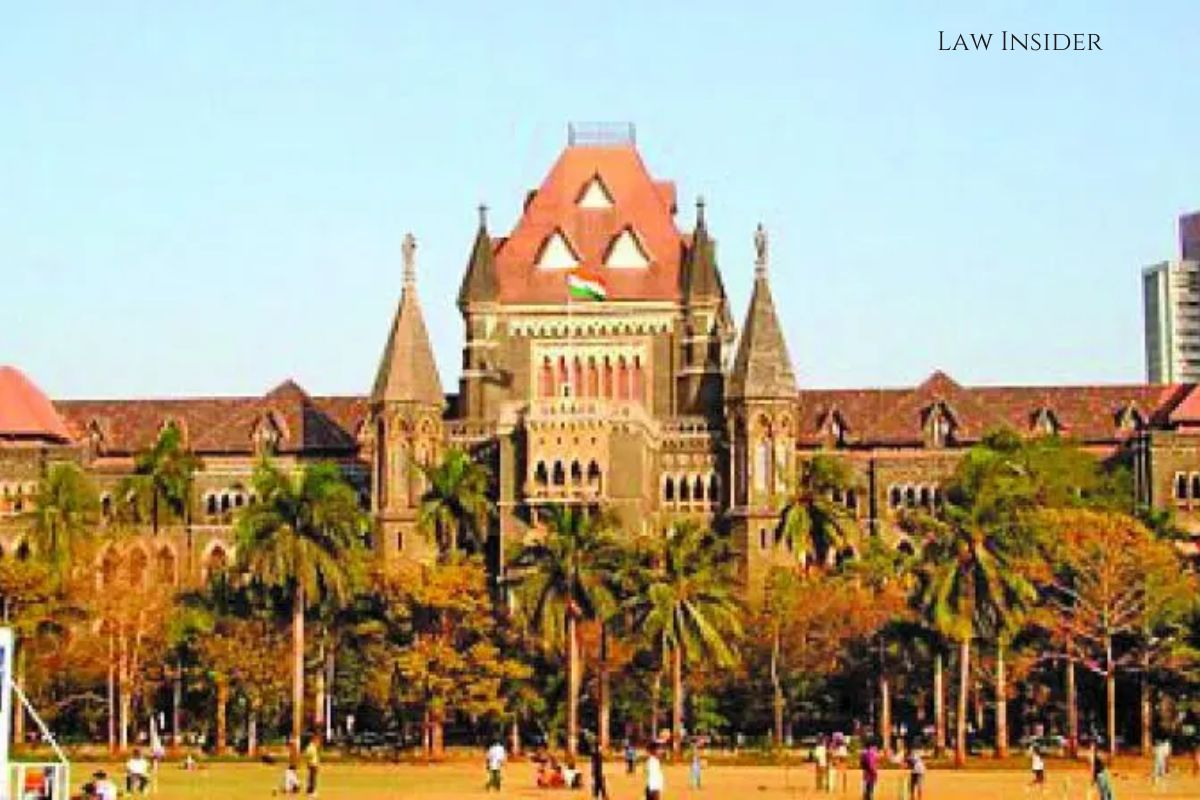LI Network
Published on: October 18, 2023 at 16:25 IST
The Bombay High Court has granted relief in a case related to the termination of pregnancy.
The court allowed the petition filed under Article 226 of the Indian Constitution to quash criminal proceedings. These proceedings were initiated against the accused under various sections of the Indian Penal Code (IPC) and the Medical Termination of Pregnancy Act, 1971.
The case at hand involved charges under Sections 313, 323, 376, 504, and 506 r/w 34 of the IPC, as well as Section 5 of the Medical Termination of Pregnancy Act, 1971. However, the Bombay High Court found that the facts presented in the First Information Report (FIR) and other records did not point to a serious or heinous offense.
The crucial point of contention was the termination of pregnancy, which the court noted had been carried out with the consent of the concerned party, referred to as Respondent No.2, and within the bounds of the law.
A Division Bench, comprising Justice Anuja Prabhudessai and Justice N.R. Borkar, stated, “in our considered view, the facts narrated in the FIR as well as other material on record even if accepted in totality, do not disclose any offence of a serious and heinous nature. The Respondent No.2 has also stated in her affidavit that she is now married, with a child, and that she wants to proceed with her matrimonial life, leaving the past behind. In such circumstances, the continuance of criminal prosecution is likely to jeopardize her family life.”
Notably, both Petitioner No.1 and Respondent No.2 were police constables who had amicably settled their dispute and sought to quash the FIR with mutual consent. Respondent No.2 confirmed her consent in court. The court acknowledged established legal precedents emphasizing that serious offenses against society could not be quashed based solely on a compromise. Instead, the court should scrutinize the collected evidence to assess the possibility of conviction.
The court pointed out, “It is thus well settled that the powers under Section 482 of Cr.P.C. or Article 226 of the Constitution of India cannot be exercised to quash the proceedings involving serious or heinous offences, or offences against society, merely on the basis of the settlement between the parties.”
However, the court also recognized that it should not hesitate to exercise these powers when uncontroverted allegations in the FIR and the collected material do not disclose a cognizable offense, despite the sections mentioned in the FIR or in the charge. The court stressed the need to consider the factual context of the case and determine whether the allegations, taken as a whole, reveal the basic elements of the offense.
In this case, the court noted that the relationship between Petitioner No.1 and Respondent No.2 was consensual. The court emphasized that, “The allegations made in the FIR and the other material on record, even if accepted in their entirety, reveal that the physical relationship between the Petitioner No.1 and Respondent No.2 was consensual. The Respondent No.2 had indulged in a sexual relationship with the Petitioner No.1 during the subsistence of her marriage. Hence, the consent is not vitiated due to a misconception of fact.”
While the FIR alleged instances of assault and forced termination of pregnancy, medical records indicated that the termination was conducted with Respondent No.2’s consent and within legal limits.
The court concluded, “As noted above, the records reveal that Megha, Respondent No.2, had consented to terminate the pregnancy. The report of the prenatal diagnostic test conducted on 03/03/2017 at Jaysmith Imaging Center, Barshi, reveals that on 03/03/2017, the length of the pregnancy was 16 weeks. The pregnancy was terminated on 30/03/2017. Hence, as of the date of the termination of pregnancy, the length of pregnancy would be 19 weeks 6 days, which is within the permissible limits stipulated in Section 3(2) of the M.T.P. Act, 1971. Even otherwise, as stated earlier, the termination of pregnancy was with the consent of Respondent No.2, and hence, Section 313 of the IPC is not attracted. Section 312 of IPC, even if made out, is compoundable with the permission of the Court by the woman to whom miscarriage is caused.”
In light of the consensual nature of the relationship and the absence of evidence for serious offenses, the Bombay High Court granted the petition and quashed the criminal proceedings. Additionally, Respondent No.2 was directed to pay costs to Tata Memorial Hospital, Mumbai. This legal decision highlights the importance of examining the specific circumstances of each case and ensuring that justice is served.
Cause Title: Sandip Sundarrao Patil & Ors. v. The State of Maharashtra and Anr.

